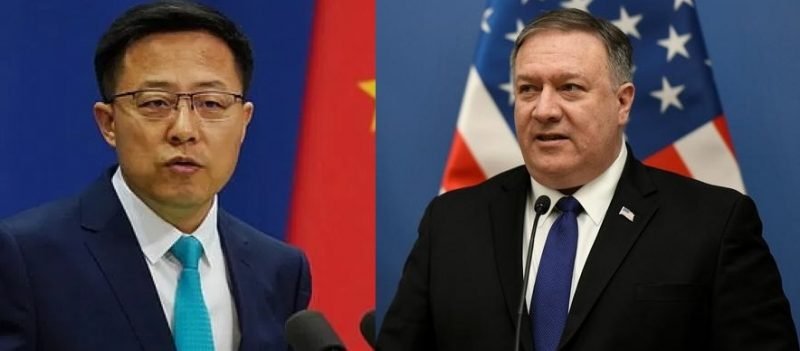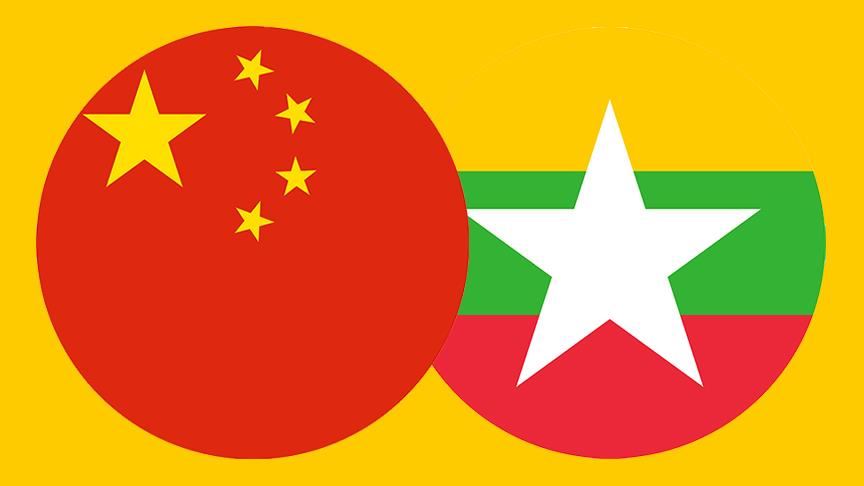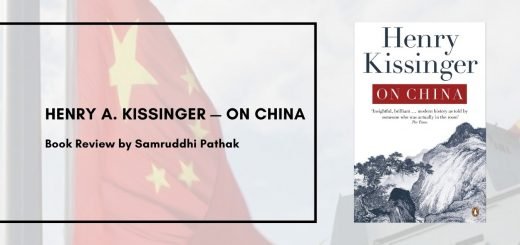The U.S. and China’s take on Myanmar and the Philippines

The U.S. and China have been engaged in diplomatic spats across issues, a recent addition being a war of words over Myanmar and the Philippines. The Chinese embassy in Myanmar has accused the United States of “outrageously smearing” the country and driving a wedge with its south-east Asian neighbours, over the contested the South China Sea. This is a result of a move that the United States made, saying it would back countries in the region that challenge Beijing’s claim to about 90% of the strategic waterway. The U.S. statement drew parallels between China’s actions in the South China Sea and Hong Kong with large-scale Chinese investments projects in Myanmar that the United States warned could become debt-traps, along with trafficking of women from Myanmar to China as brides, and the inflow of drugs from China into Myanmar.

“This is how modern sovereignty is often lost – not through dramatic, overt action, but through a cascade of smaller ones that lead to its slow erosion over time,” the U.S. embassy said.
In a reply, China said the statement showed a ‘Sour Grapes’ attitude towards the U.S. for flourishing China-Myanmar relations and was “another farce” on a global tour by the U.S. authorities to shift the attention on domestic problems and seek selfish political gains.“The U.S. should first look in the mirror to see whether it still looks like a major country now,” it said.
On the other hand, the Philippines owing to China’s moves in the South China Sea have forced President Rodrigo Duterte to re-embrace its long term treaty ally, The U.S. China’s strategic opportunism, destruction and distraction caused by Covid-19, and faulty handling of the pandemic has caused the country to reboot its relations with Philippines. Soon after the termination of the Visiting Forces Agreement (VFA), the American Defence Chief thanked Philippines its decision and vowed America’s continued support and assistance to regional allies including “Developments on Vaccines and Therapeutics”.

In March, a report by the Congressional Research Service (CRS) stressed “while the termination of the VFA would not abrogate the MDT, it would complicate the Department of Defense’s ability to fulfil its obligations under the treaty… raises uncertainties about the future of US-Philippine military cooperation, an essential part of the US security posture” in Asia.
“The Philippines is a US treaty ally, and the termination of the VFA would not change that status…However, broad aspects of US-Philippine cooperation, including military exercises and US access to Philippine military facilities, could be made difficult or impossible without the legal protection of the VFA,” the report added.
While there have been developments in both the issues, China seems nowhere close to quitting on both the countries. Through various developments and investments in the Belt Road Initiative, and to cooperate on issues of importance, the relationship between both the countries is expected to attain new heights. In a meeting held between President Xi and his Filipe counterpart, Xi stressed “That the China-Philippines relations have experienced from “turnaround” to “consolidation” in the past two years, ascending two steps in succession. The task of this year should be “improvement”. To this end, the leaders of the two countries should intensify communication and strengthen strategic guidance and top-level design for the China-Philippines relations. However, mismanagement of the BRI initiatives by the Philippines Government left hanging the Bi-lateral ties between the countries. It remains to be seen how the long-term geopolitical competition between the United States and China over the Philippines and Myanmar will play out. But one thing is for certain: China, in spite of Duterte’s VFA reversal, is likely to continue seeing an opportunity to disrupt and potentially even divide the U.S.-Philippines alliance.



















